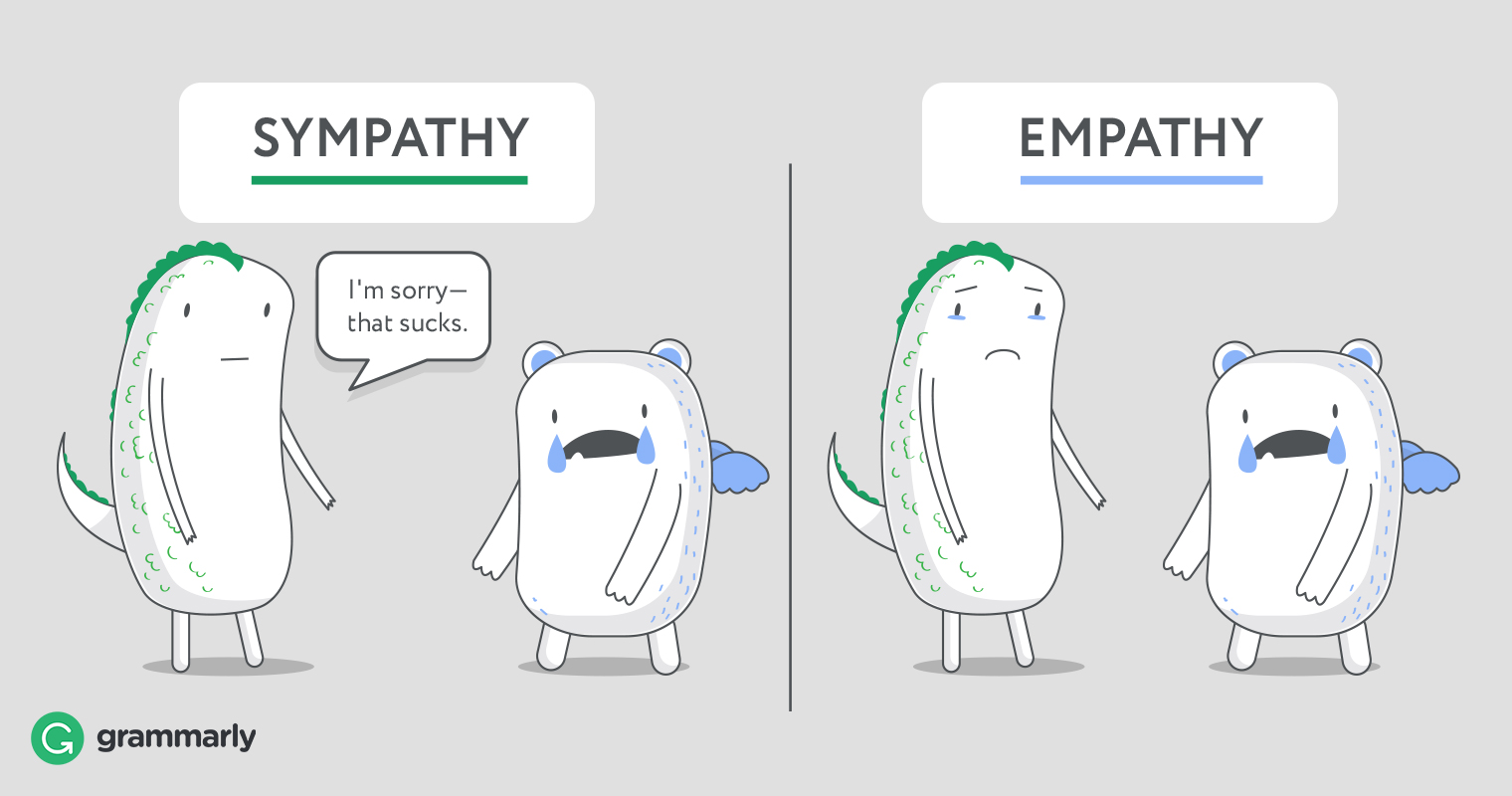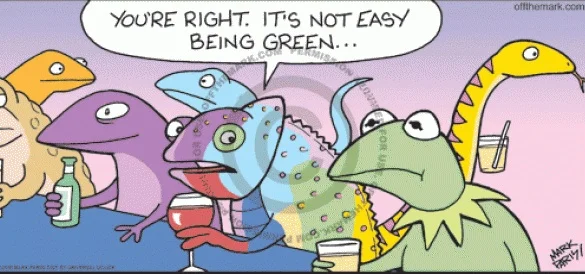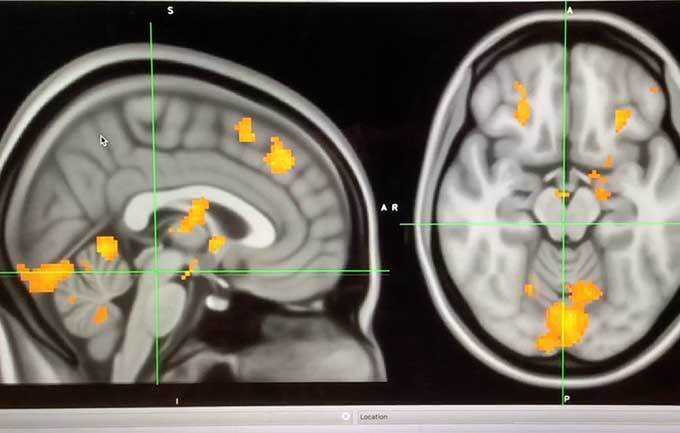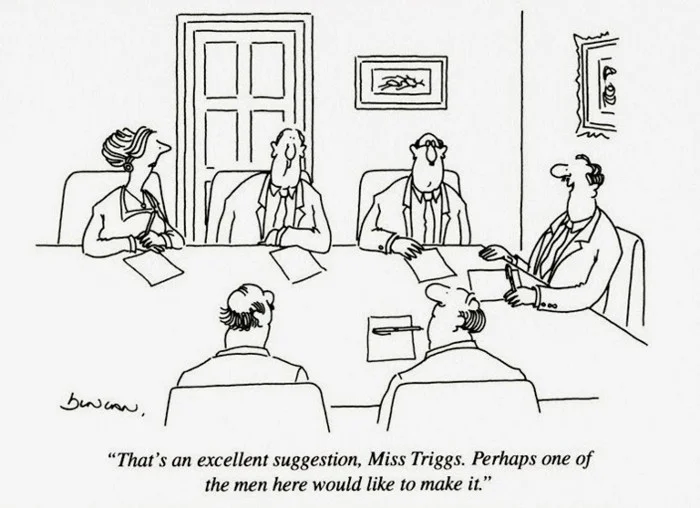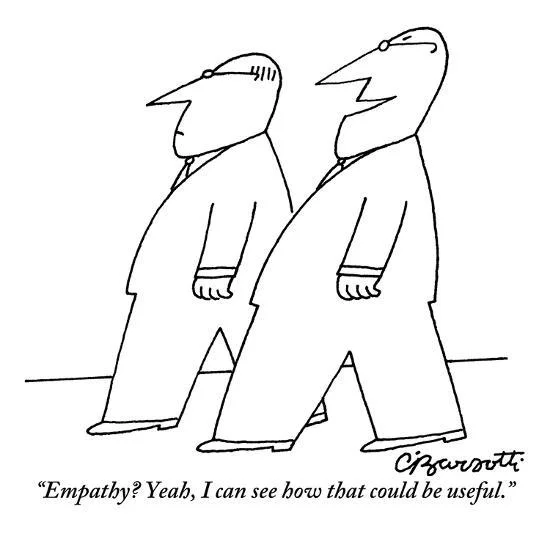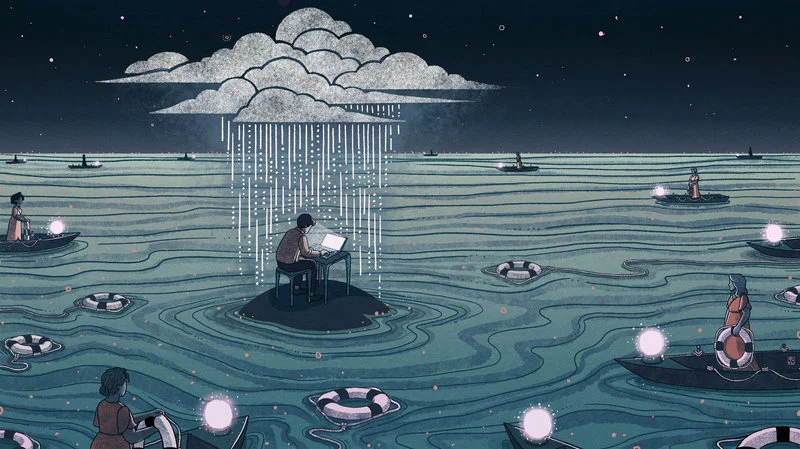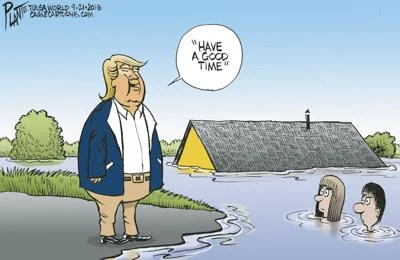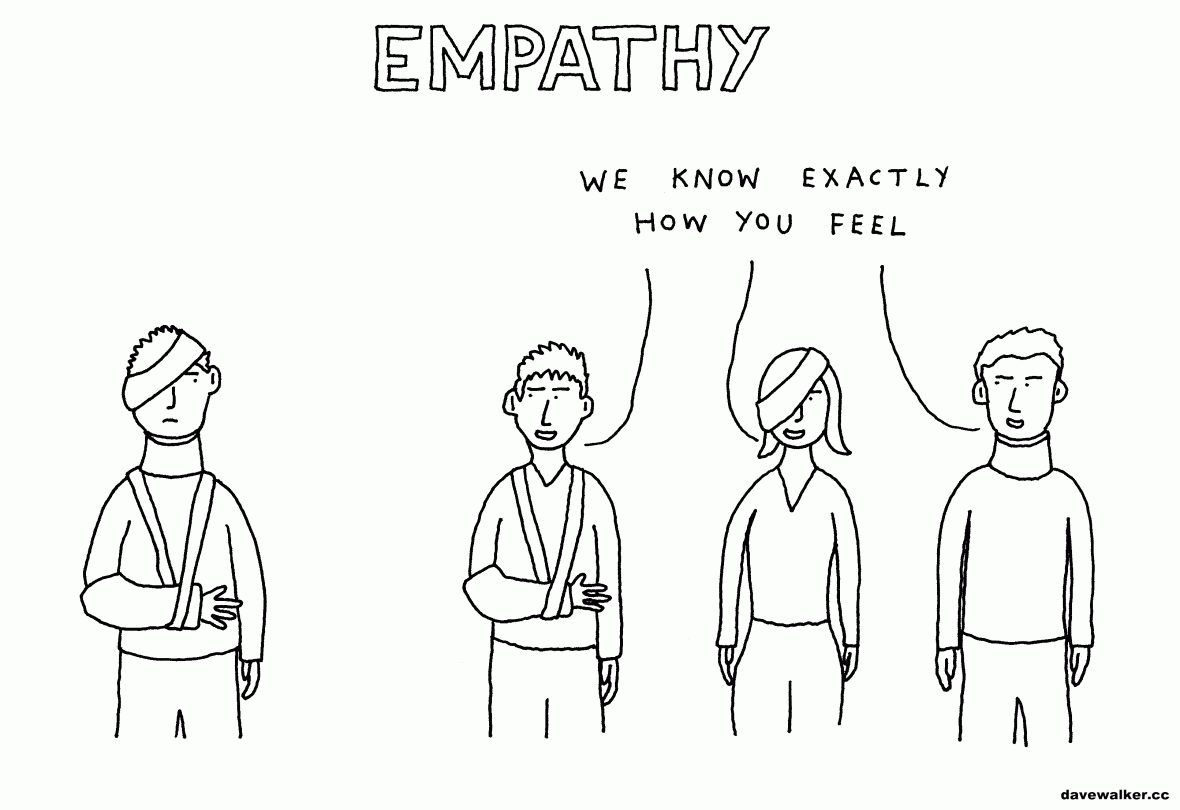By The Landlord
“Can I see another’s woe,
And not be in sorrow too?
Can I see another’s grief,
And not seek for kind relief?
Can I see a falling tear,
And not feel my sorrow’s share?
Can a father see his child,
Weep, nor be with sorrow fill’d?
Can a mother sit and hear,
An infant groan, an infant fear?
No no never can it be,
Never, never can it be.” – On Another’s Sorrow,, William Blake, Songs of Innocence and of Experience
“The caged bird sings with a fearful trill,
Of things unknown, but longed for still,
And his tune is heard on the distant hill,
For the caged bird sings of freedom.” – Maya Angelou, I Know Why the Caged Bird Sings
I feel for … who? You? Me? Everyone? Empathy, defined as the ability to understand, feel, share or express the feelings of others. is arguably as much a natural human trait as any tendency that’s selfish or destructive. It may be inbuilt, but is also something we can learn and develop. Empathy’s definition is somewhat different to sympathy, although the two are related. Empathy is deeper, it involves a close bond of experiences and emotions, whether they be ups or downs, but sympathy is thinner, and more detached. Sympathy is a more formal expression of pity or sorrow for another’s misfortunes. Sympathy is secondary, and remote. When people send messages, online or in cards, sending their ‘deepest sympathies’, or saying on Twitter that their “hearts go out to” someone, then it’s on a spectrum somewhere between genuine concern to just a click of social nicety.
I feel for you … in the form of a daft cartoon
“Empathy isn't just remembering to say ‘that must really be hard’ – it’s figuring out how to bring difficulty into the light so it can be seen at all. Empathy isn't just listening, it's asking the questions whose answers need to be listened to. Empathy requires inquiry as much as imagination. Empathy requires knowing you know nothing. Empathy means acknowledging a horizon of context that extends perpetually beyond what you can see.” says Leslie Jamison in The Empathy Exams: Essays. That’s told us, then.
So this week, through the prism of song, we’re all about empathy, but also perhaps some sympathy thrown in. Perhaps art, in any form, is an attempted form of empathy, to understand and express the predicament and mental state and emotions of others. That said, it can be as much narcissism, seeking to define the self, or all of us through a narrative. Here’s a fuller and more visual definition, expressed, obviously via a bear and and fox:
The author Richard Louv says that: “Other species help children develop empathy.” It is true that developing an understanding with pets, or animals depicted in children’s stories are very important to the broadening of empathy as a life skill.
Colourful example
But here at the Bar, as musical animals, we’re already at a distinct advantage, because studies have shown that empathy stimulates the ability to enjoy and appreciate modulate neural responses to musical sounds, and in turn music has some special power to increase our sense of connection and help us affiliate with others. A UCLA research project showed that highly empathetic people have greater brain activity, showing similar patterns to when they engage with music, in the activity in the dorsal striatum, part of the brain’s reward system.
These areas of the brain uniquely activate in people with higher empathy when they listen to music. SMU, UCLA
“The study shows on one hand the power of empathy in modulating music perception, a phenomenon that reminds us of the original roots of the concept of empathy – ’feeling into’ a piece of art. On the other hand, the study shows the power of music in triggering the same complex social processes at work in the brain that are at play during human social interactions.”
So we’re all set then. And this week we have a huge crowd of musicians, writers and others wishing to reach out to each other (as well as blow their own trumpets) on this subject, and help inspire some song suggestions. Let’s start with some musicians. The very act of playing together involves some form of mutual understanding, and so here’s Brian Eno, who among his many projects, is a member of a gospel choir with weekly rehearsals.
“When you sing with a group of people, you learn how to subsume yourself into a group consciousness because a capella singing is all about the immersion of the self into the community. That's one of the great feelings – to stop being me for a little while and to become us. That way lies empathy, the great social virtue.” says Brian.
He’s actually joined by the writer Jay Griffiths in this regard: “Singing with others is an unmediated, shared experience as each person feels the same music reverberating in their individual bodies. Singing is part of our humanity; it is embodied empathy.”
And here’s Gloria Steinem getting in on the act: “All those chemicals that create empathy only work when you are in a room together.”
Conor Oberst meanwhile extends this fusion to songwriting, and for him, a political context: “To me, a political song is also a personal song. Most political activism has been driven by empathy for other people and the desire for a world that's less divisive. Even if songs aren't overtly political, they can make a listener more empathetic.”
Mary Gauthier, who made last week’s A-list playlist, talks about this in reaching out to people who have very different experiences and we can only imagine, rather than practically share: “I think it's a stereotype that soldiers don't talk, because my experience is that they will talk if they are met with empathy and no judgment.”
From the repressed experiences of war, to another strand of human experience, motherhood. Viv Albertine is here to tell us that she “has a lot of empathy, and I think that's where mothering starts. You are there to empathise and facilitate.”
Spanning the genders, meanwhile, Anohni, aka Antony Hegarty, thinks that women are more naturally endowed with empathy, and that they are more likely to create a more empathetic peaceful world:
“Only an intervention by women around the world, with their innate knowledge of interdependency, deep listening, empathy and self-sacrifice, could possibly alter our species' desperate course.” So that’s why the advance of women is very important in all places, including the workplace:
‘Empathy’ in the workplace
So with this opening scattergun of empathy-related comments, can empathy and politics mix? Probably not.
Empathy should never be useful to anyone other than the person with whom your empathetic towards
So is empathy being misused? Is it disappearing from the modern life? The writer Nathan Englander thinks so: “Empathy is what obsesses me. And watching empathy recede in the world is terrifying.”
Isolated, rather than brought together by technology, could we losing the power of empathy?
In politics and public life, empathy is seen as important, but how genuine is it?
“No one cares how much you know, until they know how much you care,” said Theodore Roosevelt.
“I call him religious who understands the suffering of others.” said Mahatma Gandhi.
And when he was still president Barack Obama talked about the need for empathy in the judicial system: “We need somebody who's got the heart, the empathy, to recognise what it's like to be a young teenage mom, the empathy to understand what it's like to be poor or African-American or gay or disabled or old - and that's the criterion by which I'll be selecting my judges.
Now that Donald J. Trump is in power, his judge appointments are associated not with empathy, but with white-supremacy and alleged rape. In this comment, typically double-edged, he opines an apparent empathy, because it is this in people he stimulates, and because he is one of them. “Every time I speak of the haters and losers I do so with great love and affection. They cannot help the fact that they were born fucked up!” Perhaps the president is himself incapable of empathy in the first place:
Trump: ‘I know more about empathy than anybody’.
So empathy can indeed be false, as well as misused. More moreover, arguably there are limits to how much we can truly understand others. As the songwriter Ben Harper puts it: “There's something in everyone only they know.” And yet at the same time he tells us that: “All that we can't say is all we need to hear.”
The comedian and actor Steve Martin breezes into the Bar to slip in this sly remark: “Before you criticise a man, walk a mile in his shoes. That way, when you do criticise him, you'll be a mile away and have his shoes.”
Black Mirror writer and all round amusingly droll cynic Charlie Brooker is also hanging about, rather awkwardly, and on this same subject, says: “One of the benefits of aligning yourself with an indistinct cluster of people is that claiming to feel their pain is often enough.”
More empathy cynics are also at the table. Reading from The Handmaid’s Tale, Margaret Atwood says: “How easy it is to invent a humanity, for anyone at all.”
“Yes,” says the author Marty Rubin. “Empathy is in favour of loose morals.”
Empathy is a laudable trait, but also a fragile one. Yann Martel, quoting from his Life of Pi, points out that: “When your own life is threatened, your sense of empathy is blunted by a terrible, selfish hunger for survival.”
So empathy can have a false, or fragile face, but at the same time it’s also very important for creativity. Moving on to the next table, there’s a small cluster of film people here to tell us why.
“Music, like film, is an incredible tool for creating empathy,” says Morgan Neville, the American film producer.
“Stories teach us empathy. They reveal to us ourselves in the skins of others. says the actor and film-maker Justin Simien.
But Roger Ebert the film critic is most passionate about it of all: “I believe empathy is the most essential quality of civilisation.”
Both books and films are powerful artforms to engender empathy by revealing the lives of others. But are there limits? “Are you proud of yourself tonight that you have insulted a total stranger whose circumstances you know nothing about?” says upstanding lawyer Atticus Finch to an accuser in Harper Lee’s To Kill a Mockingbird, but for all his heroic, and emotional attempts to fight against injustice, as a privileged white man, to what extent can he himself really understand and empathise with the predicament of a black man accused of rape?
To Kill A Mockingbird. To what extent can empathy happen between such different backgrounds?
And in Joseph Conrad, Heart of Darkness, made powerfully, though somewhat amended, into the film Apocalypse Now, to what extent can we, or Martin Sheen’s Willard really empathise with Marlon Brando’s Colonel Kurtz? Or the meaning of horror? Is here empathy between the two men, or the the people of Vietnam. From the book: “His feelings were too much for speech, and suddenly he broke down.”
This then brings us to more writers, who have gathered into a very big crowd to say how vital empathy is. Yann Martel has moved over now from the cynics’ table to say this:
“If literature does one thing, it makes you more empathetic by making you live other lives and feel the pain of others. Ideologues don't feel the pain of others because they haven't imaginatively got under their skins.”
“Empathy begins with understanding life from another person's perspective. Nobody has an objective experience of reality. It's all through our own individual prisms,” says Sterling K. Brown.
But perhaps James Baldwin puts it most powerfully: “You think your pain and your heartbreak are unprecedented in the history of the world, but then you read. It was books that taught me that the things that tormented me most were the very things that connected me with all the people who were alive, who had ever been alive.”
He goes on, reading from his The Devil Finds Work: “To encounter oneself is to encounter the other: and this is love. If I know that my soul trembles, I know that yours does, too: and if I can respect this, both of us can live. Neither of us, truly, can live without the other: a statement which would not sound so banal if one were not so endlessly compelled to repeat it, and act on that belief.”
Is empathy then a way to combat evil? Yes, says Mehmet Oz. “The opposite of anger is not calmness, it’s empathy.”
The writer John Connolly, says that “I've been fascinated by the idea that evil is the absence of empathy.”
“I agree,” says the British-Pakistani novelist Mohsin Hamid. “Empathy is about finding echoes of another person in yourself.” But that can have flaws:
Patchy empathy?
“Well, empathy is a tool for building people into groups, for allowing us to function as more than self-obsessed individuals. I believe that stories are incredibly important, possibly in ways we don't understand, in allowing us to make sense of our lives, in allowing us to escape our lives, in giving us empathy and in creating the world that we live in,” adds Neil Gaiman.
“If writing really is empathy, then understanding your place in society might actually help you achieve it,” says another author, Rumaan Alam.
“Call it empathy. That means putting yourself in the place of the other person and seeing their point of view. I suppose it's because in the very olden days, when humans had to fight for themselves every day, they needed to find people who would fight with them too, and together we lived—yes, and prospered. Humans need other humans – it's as simple as that.” writes Terry Pratchett in The Shepherd's Crown.
“Empathy is how kind hearts breathe.” says the Indian author Nitya Prakash.
“All human beings have their otherness and it is that which cries out to the heart,” writes Elizabeth Goudge in The White Witch.
“If you look into someone's face long enough, eventually you're going to feel that you're looking at yourself,” adds Paul Auster from Mr. Vertigo.
Empathy as mutual cognition
But can empathy become so deep it affects the other person just as much? ““Each person you meet is an aspect of yourself, clamouring for love,” writs the poet Eric Micha'el Leventhal.
“It is true that I am endowed with an absurd sensitiveness, what scratches others tears me to pieces.” wrote Gustave Flaubert.
“Really? Gustave? Well you agonise me by being so agonised,” says Elizabeth Bowen,parlally from The Death of the Heart.
And here’s Walt Whitman afraid of getting too close and pulled into empathy, in Song of Myself: “I do not ask the wounded person how he feels, I myself become the wounded person.”
“I felt what we always feel when someone dies–the sad awareness, now futile, of how little it would have cost us to have been more loving. One forgets that one is a dead man conversing with dead men,” adds Jorge Luis Borges, from The Book of Sand and Shakespeare's Memory.
And from Shakespeare’s King Lear, we get this moment of rather profound empathy. When Gloucester days to Edger: “Now, good sir, what are you?” Edgar replies:
“A most poor man made tame to fortune's blows,
Who by the art of known and feeling sorrows
Am pregnant to good pity.”
So then, empathy is a powerful, vital part of human nature, but a flawed one too. Let’s return to where we began first, with William Blake, again from Songs of Innocence and Experience, with a more nuanced perspective:
“Love seeketh not Itself to please
Nor for itself hath any care,
But for another gives its ease
And builds a Heaven in Hell's despair.'
So sung a little Clod of Clay
Trodden with the cattle's feet,
But a Pebble of the brook
Warbled out these metres meet:
Love seeketh only Self to please,
To bind another to Its delight,
Joys in another's loss of ease,
And builds a Hell in Heaven's despite.”
And let’s finish with Maya Angelou, here speaking on how, despite all the horrors and differences, on how striving for empathy helps us seek what binds us as humans:
So then, seeking to reach out to readers with huge sensiviity and understanding, who better to this week’s guest, the marvellous keeper of the Marconium, Marconius, aka Marco den Ouden? Place your empathetic or empathy-related songs in comments below for deadline on Monday 11pm UK time, for playlists published on Wednesday. Reach out, and we’ll be there.
New to comment? It is quick and easy. You just need to login to Disqus once. All is explained in About/FAQs ...
Fancy a turn behind the pumps at The Song Bar? Care to choose a playlist from songs nominated and write something about it? Then feel free to contact The Song Bar here, or try the usual email address. Also please follow us social media: Song Bar Twitter, Song Bar Facebook. Song Bar YouTube. Subscribe, follow and share.


